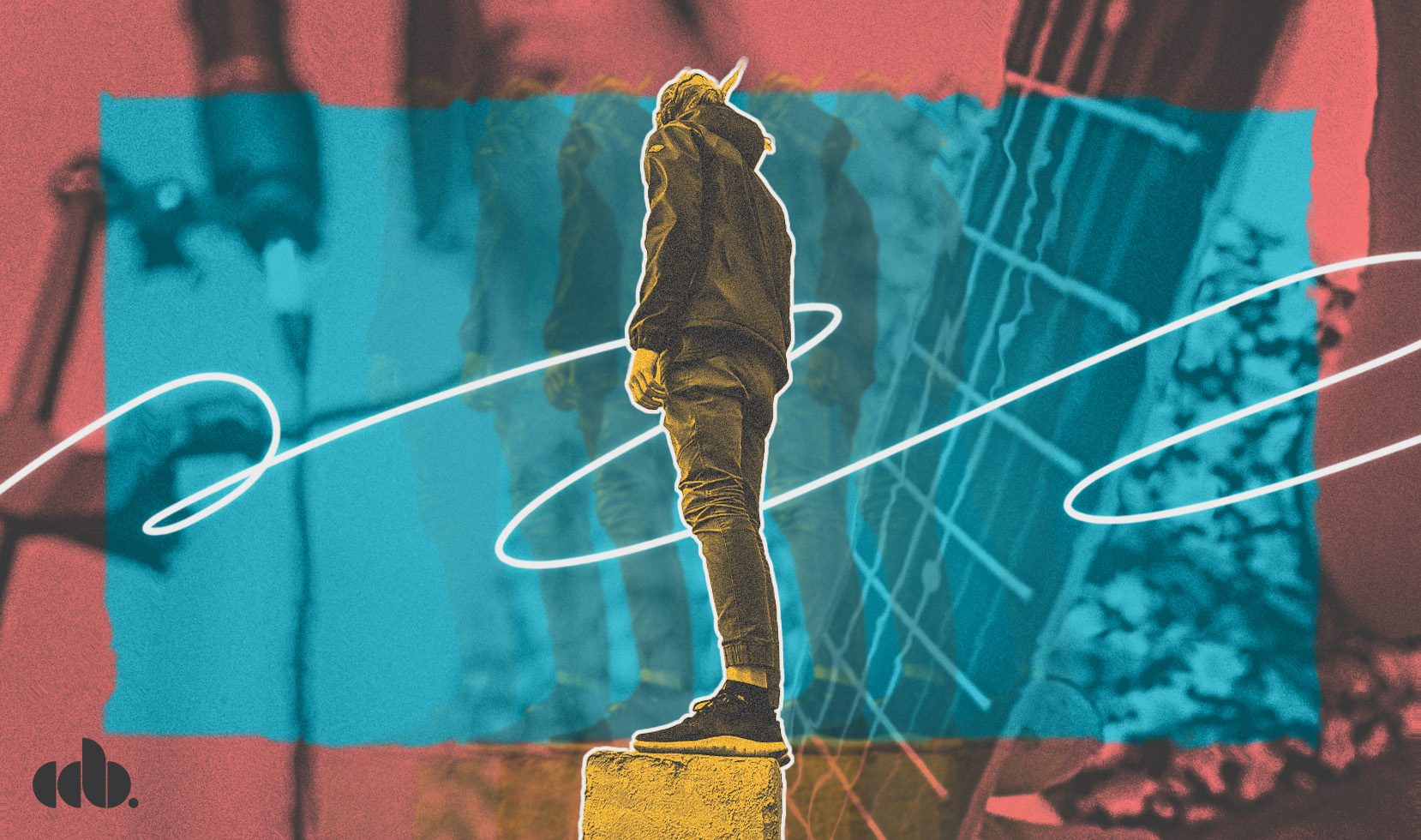
After two years of pandemic anxiety, quarantine and false starts, musicians who want to reboot their careers are facing some new challenges.
It remains to be seen how many of these are temporary or permanent.
But as you get back into performing, recording, or releasing music, here are some of the things you should be prepared for in 2022 and beyond:
1. Hyper-online audiences
To state the obvious, we went even MORE online over the past few years. That includes nearly every aspect of musical interaction too (even shows). This was an accelerating trend already, but the pandemic put it into overdrive.
As a result of this deepening digital dependence, our attention has been completely scattered and our online relationships can feel one-dimensional at best. Many artists are siloed and unfocused. Yet we’re told the only way to succeed is to be even MORE online — that the only way to connect is to do more, better, faster, pushing out a constant stream of content with diminishing returns.
But music is a physical phenomenon. Sometimes it’s meant to be experienced socially, with other humans in a room. In contrast to the internet, there is a slowness to IRL gigs and conversations.
Artists will need to figure out how much they want to be online and how much they want to be in the “meat space” (web slang for real life). There are pros and cons to both, and it’s not like there’s a right answer. Just that the balance you think is right for you might not match the new reality of your audience’s expectations.
2. Fiercer competition
Like I said, there are more things than ever competing for our attention. And we only have so much attention to spare. This means it’s harder for you as an artist to get noticed. And once you have someone’s attention, you have to fight harder to keep it.
Between streaming networks, games, social media, the news, and the bevy of other things available to us online and offline, it’s difficult to focus on anything for long. When you post something on Instagram, you’re not just competing with other musicians in your genre. You’re competing with everything on the Internet.
You need to improve your music marketing to cut through the noise, which of course has measurable benefits, but it also means you’re back to confronting challenge #1 above.
3. Psychological costs of the pandemic
The entire world has just gone through a collective trauma. People are anxious and depressed, and political divisions have gotten worse. Add to that concerns about war, injustice, the economy,… the list is long.
Not only do you need to deal with your own feelings of anxiety, you also need to acknowledge they could exist in your audience. Not everyone will be on the same page about the past few years, and not everyone will be on the same page about how to move forward.
You don’t need to have any actual answers, of course. But you don’t want to assume your whole crowd is ready to party like it’s 2019.
4. Economic troubles
Many people lost their jobs during the pandemic. If you’re a touring musician, you were mostly off the road for two years, which likely hurt financially. Now that you can get back on stage, gas prices are skyrocketing. Inflation is worsening. Supply chain issues are causing delays with many products we took for granted before.
As DIY musicians, we’re already on a tight budget. Now we’re going to have to be even more careful with how we spend our limited resources.
5. Closed venues
Many venues couldn’t make it through the pandemic and went out of business. That makes competition for booking gigs even more fierce, because EVERY artist is trying to hit the road at once with fewer places to accommodate them.
And even if investors come along and open up a bunch of new venues, it’s going to be a long time before they’re all up and running.
6. The Great Resignation
You’ve probably seen this on the news or read about it in the countless op-eds: Many workers used their pandemic downtime to rethink their careers. Some went back to school, some moved to another town, and others switched industries.
In your own music network, that means many of your contacts have likely moved on. When it comes time to start networking again, you might need to edit your spreadsheet of contacts or build a new one from scratch.
And pointing back to challenge #5, some of your go-to talent buyers may no longer represent the venues you used to play. That could lead to feelings of…
7. Lost momentum
There’s been a huge break in continuity with all the closures, reopenings, reclosures, etc. Almost all artists lost momentum. If you’ve been playing in your scene for some time, you’ve put a ton of effort into building your reputation and gaining the respect of your peers.
While that trust hasn’t eroded, chances are you’d developed some productive habits and built a sense of momentum that quickly came to a halt in spring of 2020.
It’s easy to get discouraged even as you’re excited to begin again. In some ways you’re starting from scratch, which can be intimidating. If you’re feeling deflated, just remember almost every other musician is in a similar boat.
There’s work to do. And there are many ways we can support and encourage one another along the way.
For more tips on how to reboot your music career in 2022, watch or listen to our full DIY Musician Podcast episode “The Post-Pandemic Plan for Musicians”:
How are you navigating the challenges of the music industry in 2022? Let us know in the comments!